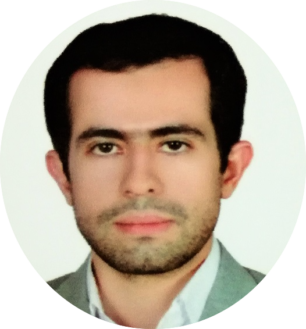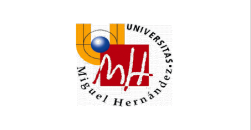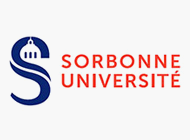
Sorbonne Université (France)
The Institut de la Vision hosts on the same site, fundamental, clinical and industrial research. It is set up in the heart of Paris within the campus of the Quinze-Vingts National Hospital, which allows scientists to work hand-in-hand with clinicians. Its main building of 6000 m2 harbors 21 research teams (~280 researchers) working on different vision-related topics, with a focus on vision diseases (e.g., age-related macular degeneration). Twelve technology platforms are at the core of the Institut de la Vision’s research activities, dedicated to: behavioral assessment in ecological conditions, preclinical studies on non-human primates, tissue and cell imaging by confocal microscopy, adaptive optics, full field optical coherence tomography, functional explorations, DNA-collection, transcriptome and proteome analysis, bioinformatics, patch clamp study of ionic channels, two-photon imaging and optogenetic tools, development of animal models, genetic therapy approaches, pharmalogical and light toxicity.
Supervisor 1
Supervisor 2
ESR 1
ESR 2
Supervisor 1
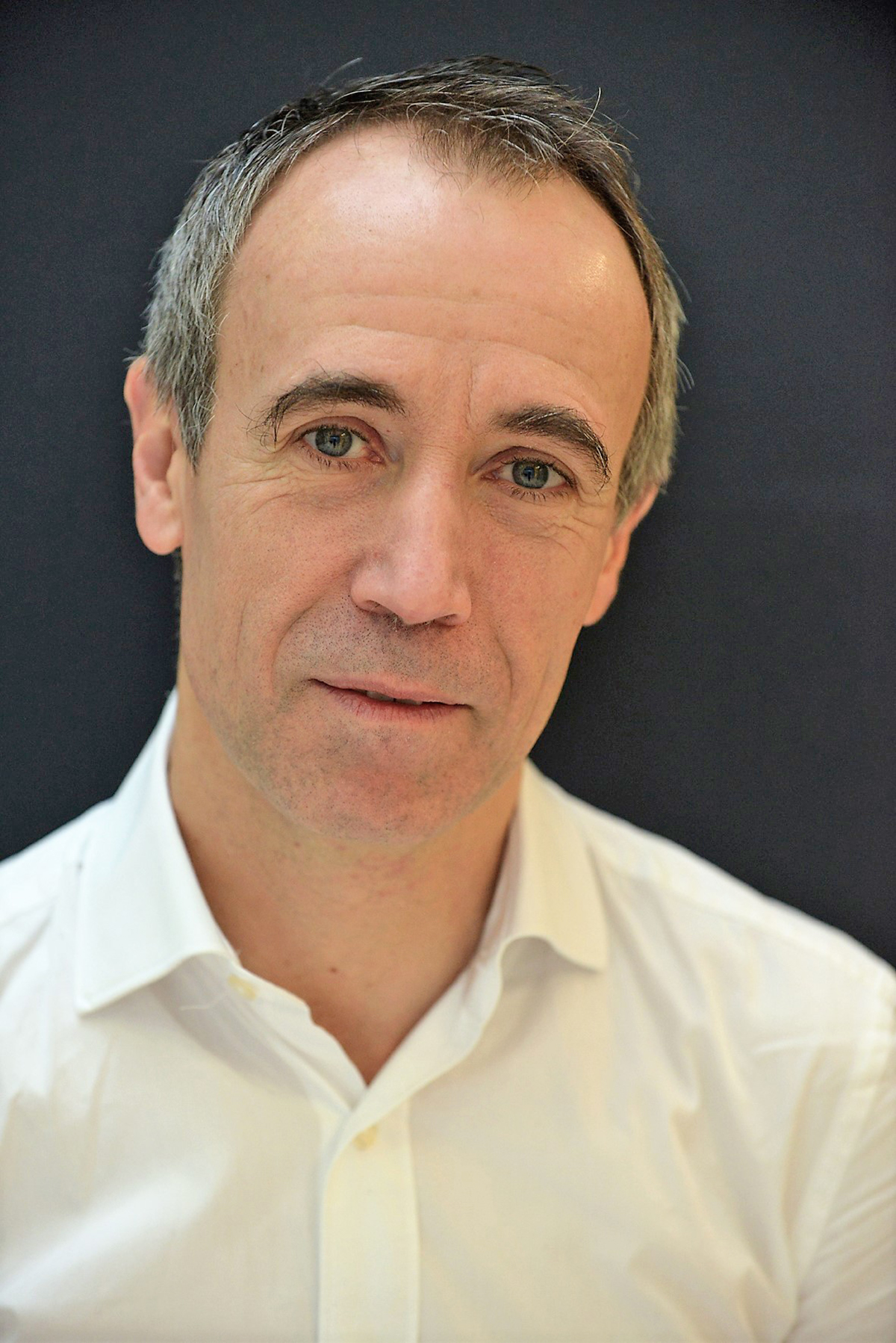
Dr. Serge Picaud
He is Research Director (INSERM) and the Director of the Vision Institute. His team is investigating visual function in normal and pathological conditions to understand our vision, develop models of retinal pathology and propose new therapeutic treatments. In the last 10 years, the team has been involved in developing strategies for restoring vision from retinal implants to optogenetic therapies. Collaborations with start-up companies has enabled the team to contribute to several products entering into clinical trials like retinal prostheses with Pixium Vision and optogenetic therapy with Gensight Biologics.
Supervisor 2
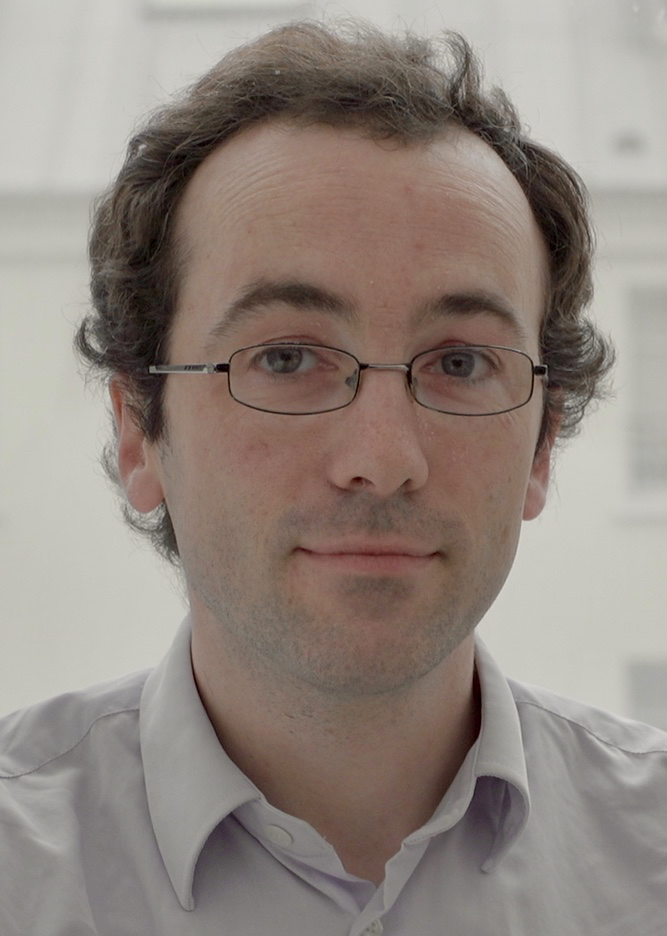
Dr. Olivier Marre
He is Research Director (INSERM) at Institut de la Vision, in Serge Picaud’s team. He developed a technique for massive recording of retinal output neurons, and used this tool to study population coding in the retina. More recently he has developed a tool combining digital holography and MEA recordings to decompose the retinal circuit. He has an interdisciplinary expertise on the physiology of the retina that will be very well suited for the enTRAIN Vision project.
ESR 1

Julie Zhang
ESR 2
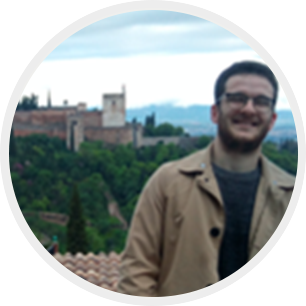
Samuele Virgili

EPFL (Switzerland)
EPFL is one of the two Swiss Federal Institutes of Technology. Its main campus brings together over 14,500 persons, students, researchers and staff – with the status of a national school since 1969, the young engineering school has grown in many dimensions, to the extent of becoming one of the most famous European institutions of science and technology.
The laboratory (Medtronic Chair in Neuroengineering) is located at the Foundation Campus Biotech Geneva, a new center of excellence in biotechnology and life science research. The Medtronic Chair in Neuroengineering is a multidisciplinary environment promoting cross-fertilization among a variety of expertise. We bring materials science, engineering, life science, and medicine together by the convergence of physicists, engineers, neuroscientists, and ophthalmologists cooperating to accomplish innovative projects. Our mission is to develop and implement application-driven solutions based on compliant, minimally invasive and replaceable neurotechnology for artificial vision and other neurological disorders. Ultimately, we aim at translating our research findings into clinical practice.
Supervisor 1
ESR 3
Supervisor 1

Prof. Diego Ghezzi
Prof. Diego Ghezzi holds the Medtronic Chair in Neuroengineering at the School of Engineering at the Ecole Polytechnique Fédérale de Lausanne. He received his M.Sc. in Biomedical Engineering (2004) and Ph.D. in Bioengineering (2008) from Politecnico di Milano. From 2008 to 2013, he completed his postdoctoral training at Istituto Italiano di Tecnologia in Genova at the Department of Neuroscience and Brain Technologies; where he was promoted to Researcher in 2013. In 2015, he was appointed as Tenure-Track Assistant Professor of Bioengineering at the EPFL Center for Neuroprosthetics and Institute of Bioengineering.
ESR 3
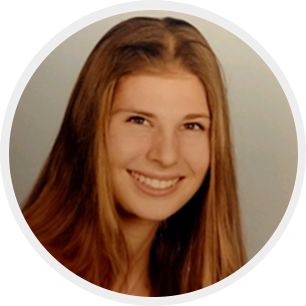
Sandrine Hinrichs

Carol Davila University (Romania)
UMFCD is the leading high education institution in medicine and pharmacy of Romania. It has many subordinated research centers, including the Research Excellence Center for Biophysics and Cell Biotechnology (head Prof. Tudor Savopol). This research group carries out activities and projects in the field of vision research, such as monitoring of the metabolic status of retinal photoreceptors by the evaluation of their electrical polarity due to the asymmetrical disposition of their ionic pumps.
Supervisor 1
Supervisor 2
ESR 4
Supervisor 1
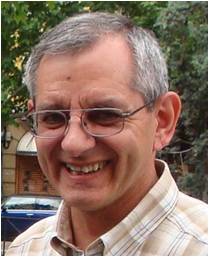
Prof. Tudor Savopol
Prof. Savopol receoved his PhD in Chemistry, in 1999, from the University of Bucharest, with the thesis “Photoinduced proton transfer reactions of retinal proteins within biological membranes”. He is currently Professor of Biophysics at Carol Davila University of Medicine and Pharmacy of Bucharest. His main interests are: photochemistry of microheterogenous systems, molecular mechanism of vision, interaction of electromagnetic fields with biological membranes, membrane transport.
Supervisor 2
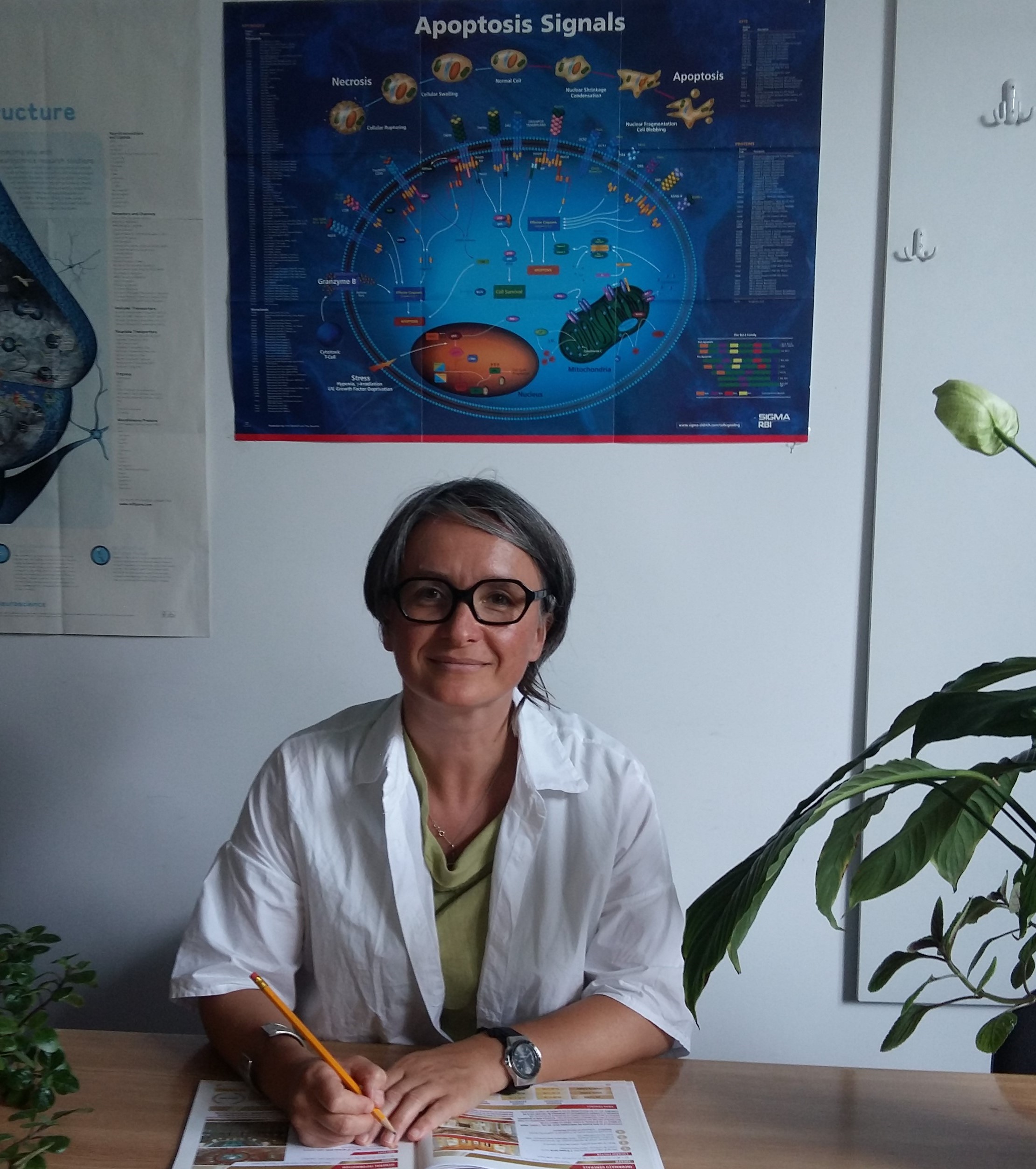
Prof. Mihaela Moisescu
In 2008 Prof. Moisescu received her Ph.D. in Medicine (Biophysics) from Carol Davila University of Medicine and Pharmacy of Bucharest and Pharmacy (Physico-Chemistry) from University of Paris-Sud 11. She is currently Associate Professor of Carol Davila Medical University. Her research interests are focused on electric (electroporation, dielectrophoresis) interactions with cell membrane and cellular processes like endocytosis and mitosis. She is also involved in evaluation of cellular viability by fluorescence-based techniques when cells are manipulated by electric and optical tweezers, or cells interact with various antibiotics or drug carriers.
ESR 4
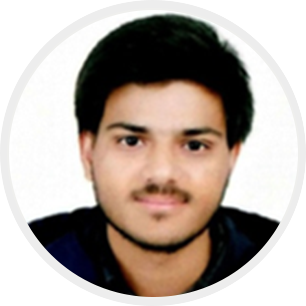
Dharm Singh Yadav

Technical University of Vienna (Austria)
The Institute of Electrodynamics, Microwave and Circuit Engineering (EMCE) part of the Vienna Technical University is composed of fives research groups in the field of theoretical and applied research. The institute is specialized in numerical calculation of electromagnetic fields, microwave engineering for information and communication technologies, the design and realization of analog, mixed-signal and optoelectronic circuits. Importantly for this project, two research groups (Biomedical Sensors and Biomedical Electronics and Systems) perform research in the field of sensors development and integration into neuroprosthetic applications.
The institute offers courses in the bachelor program in electrical engineering, electrodynamics, signals and systems and in circuit design. In the master programs in biomedical engineering, telecommunication, computer technology, and microelectronics the institute provides a wide range of lectures and lab courses.
Supervisor
ESR 5
Supervisor
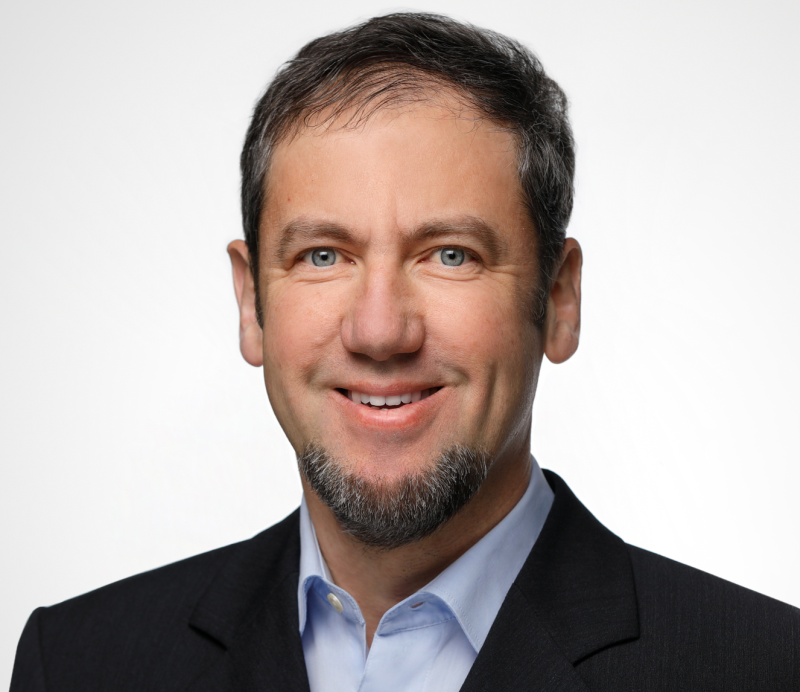
Prof. Günther Zeck
Prof. Günther Zeck studied physics and graduated from Technical University München (Germany) in 2002 after conducting research on neuroelectronic interfacing in the Department of Membrane- and Neurophysics at the Max Planck Institute for Biochemistry (Prof. P. Fromherz). From 2010 to 2020 he directed the Research Group Neurophysics at the Natural and Medical Sciences Institute at the University Tübingen. His group, in collaboration with partners developed new strategies in artificial vision restoration, ranging from novel electrical stimulation protocols to optogenetics, cell transplantation and pharmacological protection. In 2020 he was appointed as Professor of Biomedical Electronics and Systems at the Technical University of Vienna.
ESR 5
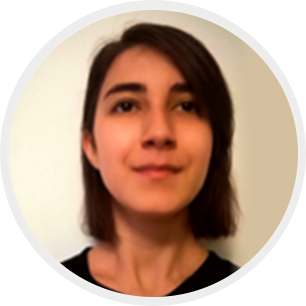
Andreea-Elena Cojocaru
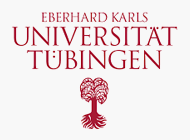
Tübingen University (Germany)
The Professorship for Pathophysiology of Vision (Zrenner Lab) is focussed on retinal degeneration research. Since 1989 Prof. Zrenner has established a special clinic for patients with inherited retinal dystrophies with the aim to help elucidating the causative gene mutations, to develop elaborate methods of function testing for correct diagnosis and to advise and treat patients. Since 1995 Prof. Zrenner has led the Retina Implant Consortium that has developed the subretinal Implant Alpha, applied in 65 blind patients.
Within the Zrenner Lab the Haq-Group is working on experimental retinal prosthetics, developing new electrical stimulation paradigms in degenerated mouse retinae with multi-electrode arrays. Besides electrical recording functional calcium imaging of retinal ganglion cells is being used as an output measure in order to study optimization possibilities for prosthetic vision. The primary goal is to understand how visual images are processed in the healthy and degenerating mouse retina and how retinal neurons respond to extracellular electrical stimulation, applying this knowledge to applications in retinal neuroprosthetics.
Supervisor 1
Supervisor 2
ESR 6
Supervisor 1
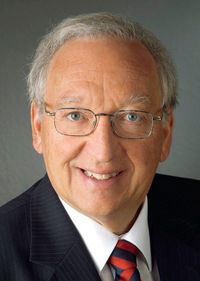
Prof. Dr. Eberhart Zrenner
Supervisor 2
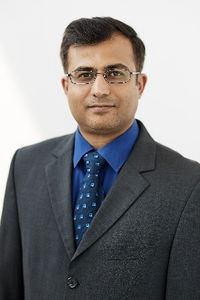
Dr. Wadood Haq
ESR 6

Cristina Soldini
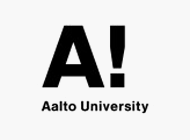
Aalto University (Finland)
The Ala-Laurila lab brings a highly interdisciplinary approach to the field of visual neuroscience by combining hardcore engineering physics with state-of-the-art neuroscience tools and techniques. Consequently, the lab has two distinct but closely integrated lab spaces in differing venues: one at the Department of Neuroscience and Biomedical Engineering (Aalto University) and another at the Molecular and Integrative Biosciences Research Programme (University of Helsinki). Both sites work in close collaboration and they are equipped with high-end tools for studying neural signaling in retinal circuits and visually-guided behavior. This collection of tools makes it possible to quantify the effects of precise neural manipulations on both retinal signals and behavior. The Ala-Laurila lab aims to break new frontiers by revealing fundamental principles of how visual information is encoded in the retina, and by revealing how the rest of the brain reads this neural code to guide animal behavior: https://www.youtube.com/watch?v=ZniIYFSIcT8.
Supervisor
ESR 7
ESR 8
Supervisor
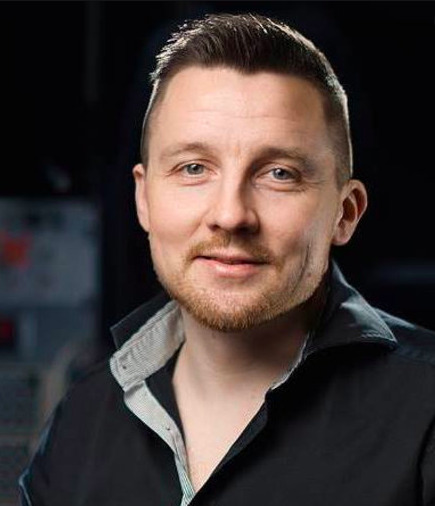
Dr. Petri Ala-Laurila
Dr. Ala-Laurila did his PhD in Finland (2000-2003, Engineering Physics, Helsinki University of Technology) and thereafter moved to the USA where he did two distinct postdoctoral periods: one in Boston (2004-2008, laboratory of Dr. Carter Cornwall) and another in Seattle (2008-2011, laboratory of Dr. Fred Rieke). Dr. Ala-Laurila is currently a Full Professor of Neurobiology at the Faculty of Biological and Environmental Sciences at University of Helsinki, Finland, and Principal Investigator & Adjunct Professor of Biophysics at Aalto University, Finland: https://www.aalto.fi/en/news/petri-ala-laurila-recognised-as-the-neuroscientist-of-the-year and in the year 2014 he received the Academy of Finland Yearly Award for scientific courage: https://www.youtube.com/watch?v=ZniIYFSIcT8.
ESR 7

Position opened for application!
ESR 8
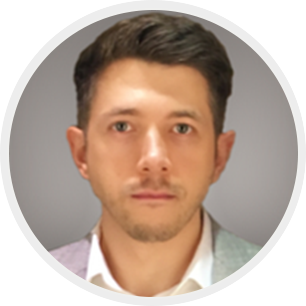
Krishna Dovzhik
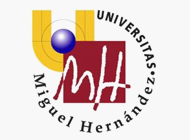
Miguel Hernández University (Spain)
The Miguel Hernández University is a public young dynamic university, in the Southeast of Spain, a high economical and enterprising potential area. The group is the result of collaborations between medical doctors, biologists and engineers from the Faculties of Medicine, Engineering, Chemical Technology and Computer Science. The UMH group has a large expertise in biomedical engineering and multidisciplinary research activities and belongs to the Bioengineering Institute and to the Biomedical Networking Research Center (CIBER), the consortium created under the leadership of the Spanish Health Institute to promote research excellence and build a critical mass of researchers in the field of Biomedicine and Health Sciences. A major topic in the team is the development of a cortical visual neuroprosthesis and the synergistic convergence of diverse and previously separated fields of science and technology to create key new neural interfaces. The group is also working on optogenetics and developing new therapeutic approaches for retinal degenerative diseases based on different types of nanoparticles and non-viral vectors.
Supervisor
ESR 9
ESR 10
Supervisor
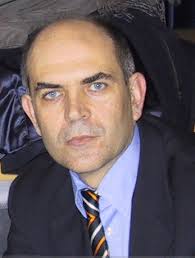
Prof. Eduardo Fernandez
Prof. Eduardo Fernandez has more than 30 years of research experience including participation in six European projects, one as coordinator. He received a M.D. degree from the University of Alicante (1986) and a Ph.D. in Neuroscience with honors in 1990.
He is currently Full Professor and Director of the Neural Engineering group of the University Miguel Hernández, Alicante (Spain). He is actively working on the development of visual neuroprostheses and coordinating a clinical trial which tries to demonstrate the feasibility of a neuroprostheses, interfaced with the occipital cortex, as a means through which a limited but useful sense of vision could be restored to profoundly blind.
ESR 9
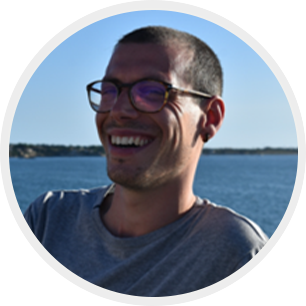
Fabrizio Grani
ESR 10
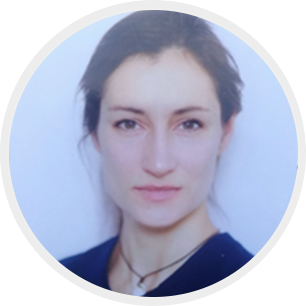
Dorota Wacławczyk
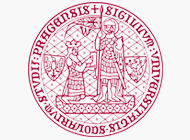
Charles University (Czech Republic)
The newly formed Computational Systems Neuroscience Group is lead by Dr. Jan Antolik, and is based at the School of Computer Science (SoCS) of the Faculty of Mathematics and Physics, Charles University. The focus of the group is to understand through computational methods how biological neural networks encode sensory information, particularly within the visual modality.
Supervisor
ESR 11
ESR 12
Supervisor
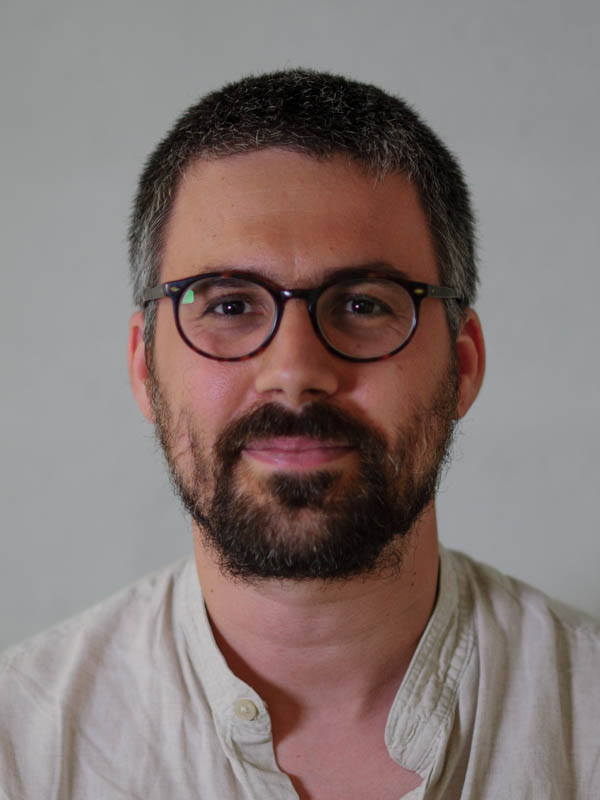
Dr. Jan Antolik
Dr. Jan Antolik is a computational neuroscientist based in Prague, Czechia at the Faculty of Mathematics and Physics of Charles University. He is working on identification of computations implemented in the neural system that underly our sensory perception. To that end, his group builds models of visual system at various levels of abstraction using variety of computational techniques including, but not limited to, machine learning and large-scale biophysical neural simulations. Through confrontation of these models with the biological data we further our understanding of visual processing and drive future experiments towards most informative questions.
ESR 11
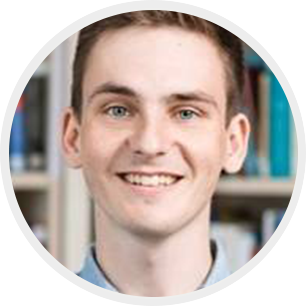
© Forschungszentrum Jülich GmbH / SBC Lehmann
David Berling
ESR 12
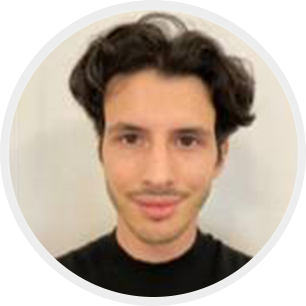
Luca Baroni
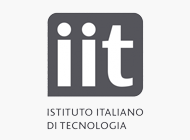
Istituto Italiano di Tecnologia (Italy)
IIT is a government sponsored Foundation to promote excellence in RTD and training within a national and international context. Within IIT, the Center for Synaptic Neuroscience and Technology (NSYN) has the objective to apply new technologies to the study of the central nervous system, with special reference to (i) the relationships between neural molecules and information coding and processing in the brain; (ii) pathogenesis of brain diseases (iii) neuron-to-chip systems allowing the implementation of new neuron-based biosensors and neuroprosthetic interfaces, namely retinal prostheses. The group has also long-standing experience in using viral vectors using silencing strategies or optogenetic strategies.
Supervisor
ESR 13
ESR 14
Supervisor
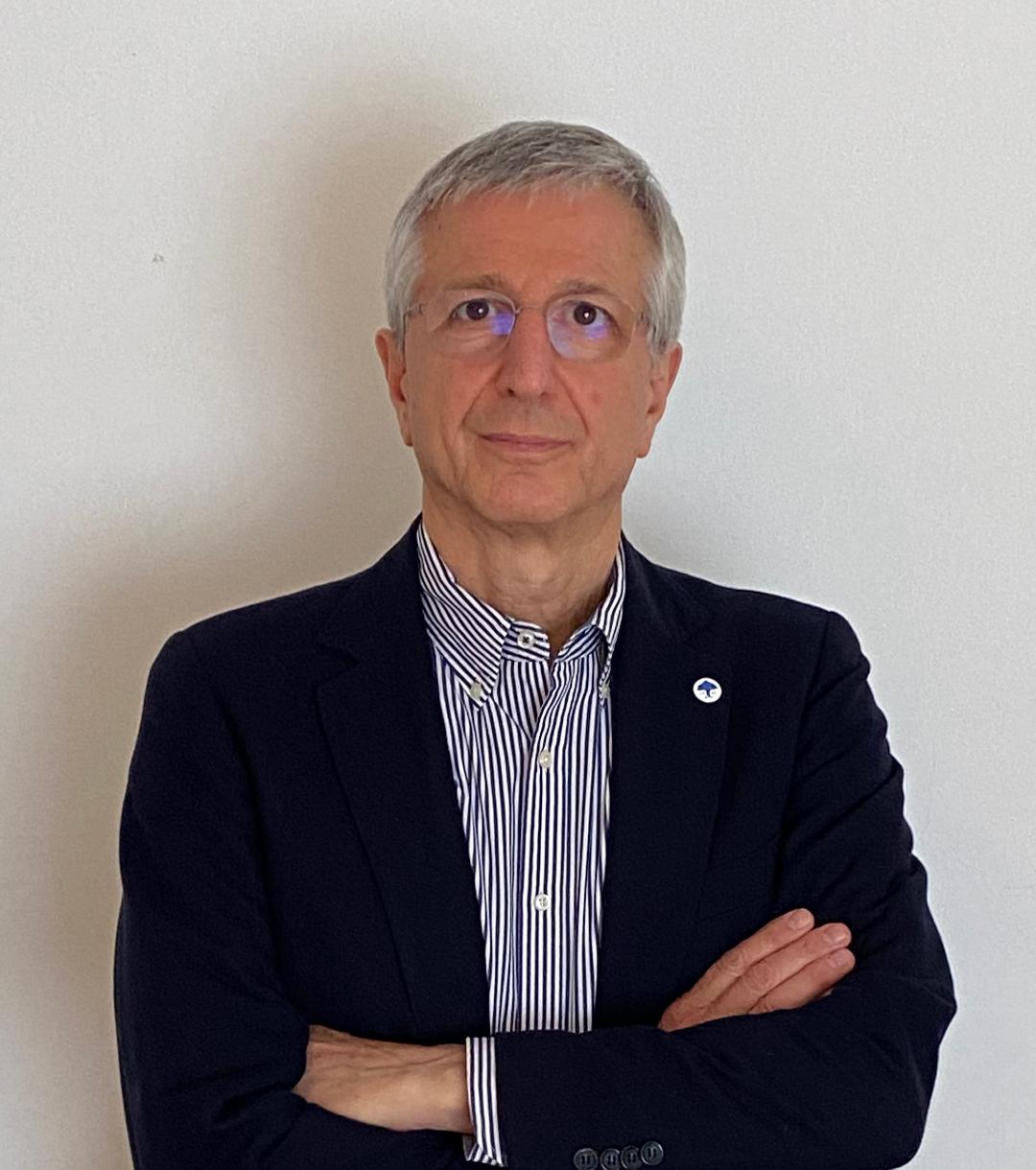
Prof. Fabio Benfenati
Prof Fabio Benfenati got his Medical Degree at the Alma Mater University of Bologna and is full professor of Neurophysiology at the University of Genova School of Medicine. He is currently director of the Center for Synaptic Neuroscience and Technology at the Italian Institute of Technology. The main subjects of his investigation in the last 30 years have been the molecular mechanisms of information transfer among neurons. The double background of neurologist and cellular neurophysiologist allowed prof. Benfenati to get in depth into the cellular mechanisms that underlie normal brain function and whose dysfunction leads to the pathogenesis of neurological diseases. He is also active in scientific divulgation of Neurosciences and routinely gives talks at science festivals and at other public events.
ESR 13

Jasnoor
ESR 14
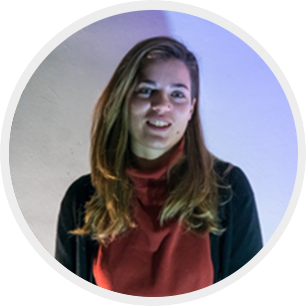
Marlene Pfeffer
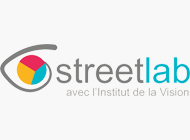
StreetLab (France)
Streetlab is a SME subsidiary of “Institut de la Vision”, an integrated research centre on vision pathologies located in Paris, France (20 employees, 1.5M€ Turnover). Streetlab provides co-design expertise and evaluation services to companies developing products and services aiming to improve the autonomy, accessibility, mobility and quality of life of visually impaired people. Streetlab has several evaluation platforms reproducing virtual or real immersive environments, ensuring a high standard of methodology. Its infrastructures include a driving simulator, an experimental apartment reproducing daily living environment, an artificial street (indoor virtual city street with sound and visual immersion), virtual reality headsets and simulators reproducing low vision conditions in urban and housing environments.
Supervisor
ESR 15
Supervisor
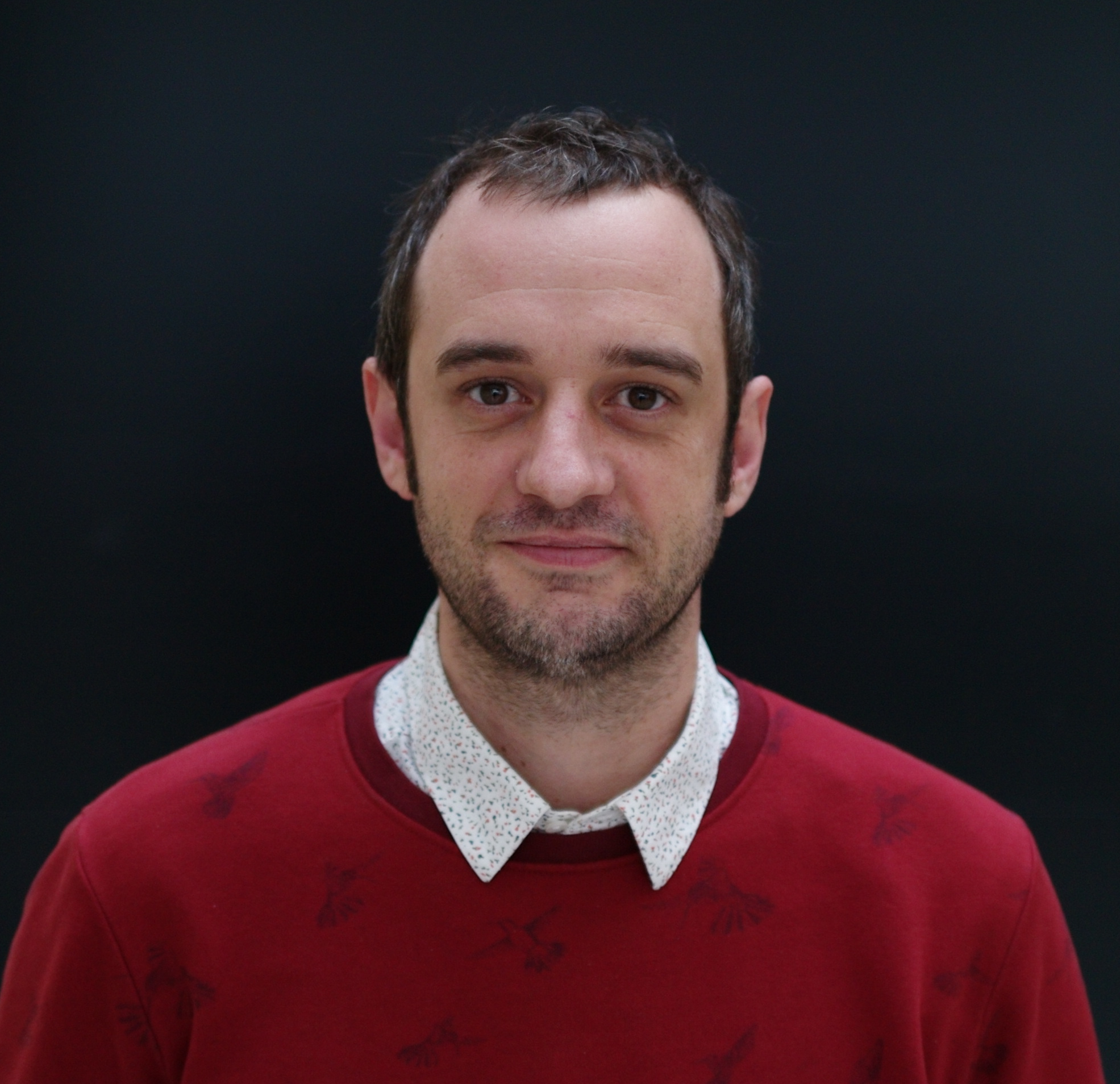
Dr. Colas Authié
Dr. Colas Authié received a Ph.D degree from Université de la Méditerranée (Marseilles, France) in 2011. His thesis was on the visual control of steering with a sensori-motor modelling approach. Since 2013, he is working at Streetlab on adaptive mechanisms developed by visually impaired patients.
ESR 15
